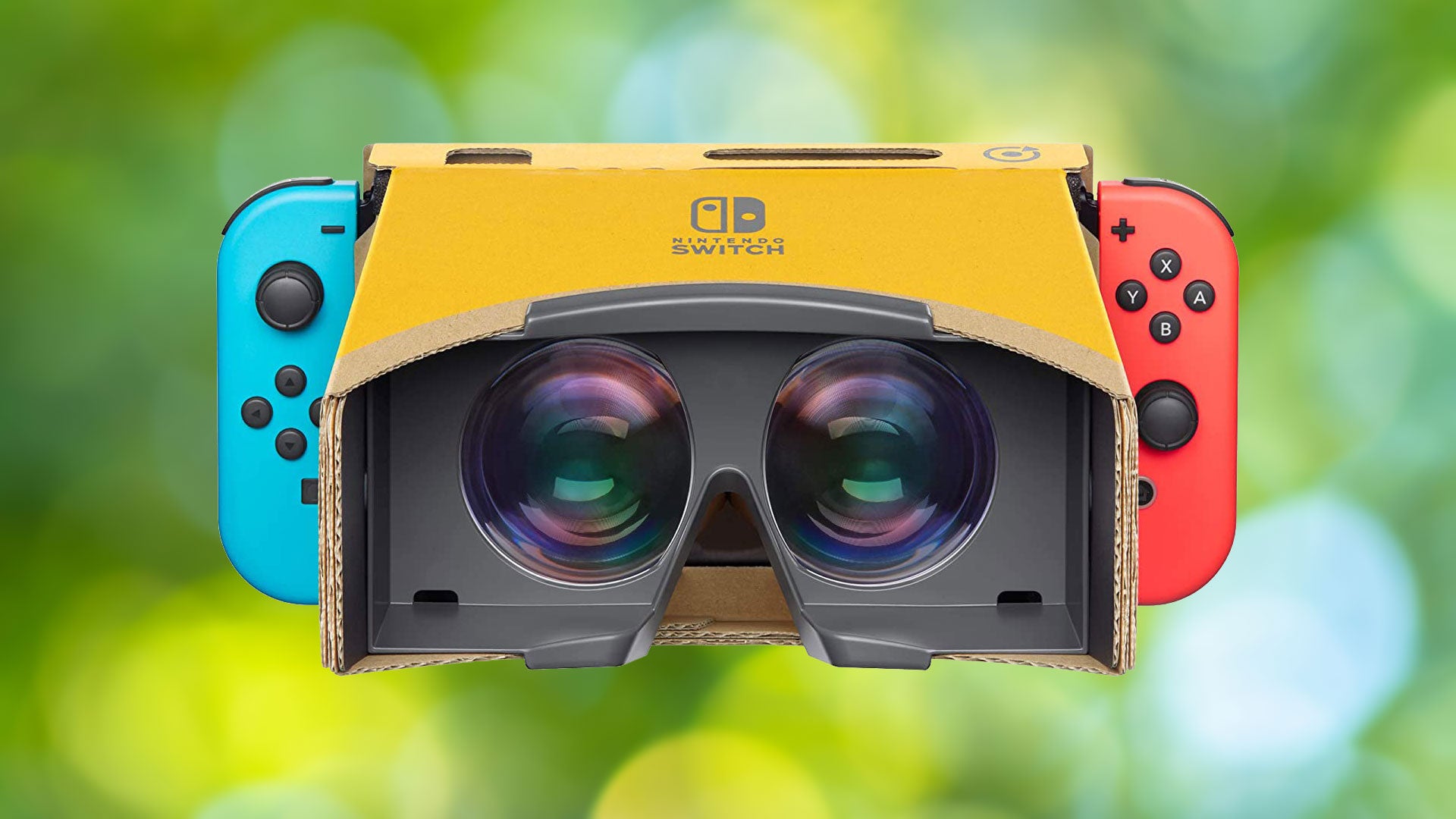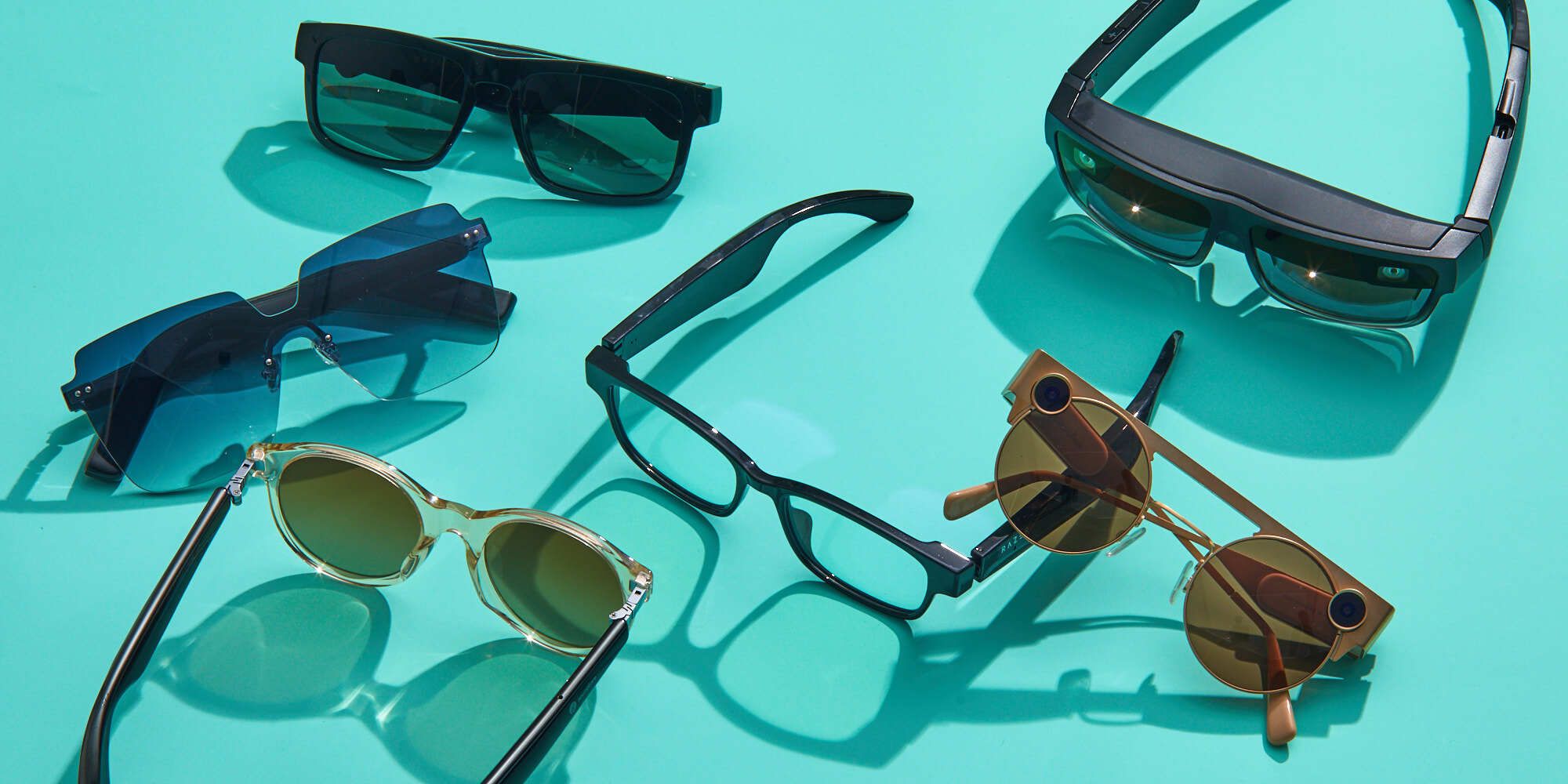Introduction
Have you ever noticed that many intelligent individuals tend to wear glasses? It’s a common observation that begs the question: is there a relationship between intelligence and wearing glasses? While it may seem like an unsubstantiated stereotype, there could be some truth to this notion. In this article, we will delve into the possible reasons why more smart people wear glasses.
Wearing glasses has long been associated with intellect and academic achievement. Films, books, and popular culture often portray intelligent characters sporting a pair of spectacles. But is this portrayal purely fictional, or is there scientific evidence to support this correlation?
Understanding the relationship between intelligence and wearing glasses requires examining various factors that can contribute to this perception. Genetic predisposition, the role of intellectual activities in eye strain, visual perception and cognitive abilities, as well as social and cultural influences all play a role in shaping this connection.
By exploring these factors, we can gain a better understanding of why the impression that more intelligent individuals wear glasses persists. It is important to note, however, that while there may be an association between intelligence and wearing glasses, it does not necessarily imply causation.
So, let’s embark on this exploration and discover the intriguing reasons behind why more smart people choose to don a stylish pair of glasses.
The Relationship Between Intelligence and Wearing Glasses
When examining the relationship between intelligence and wearing glasses, it is essential to recognize that it is not a direct cause-and-effect relationship. However, studies have shown a correlation between the two factors, suggesting that there might be a connection worth exploring.
One possible explanation for this correlation is that individuals with higher intelligence are more likely to engage in activities that strain their eyes, such as reading, studying, or working on computers for extended periods. These activities can lead to a condition known as myopia or nearsightedness, which often requires the use of glasses for clear vision.
Furthermore, intellectual pursuits tend to involve focusing on fine details and analyzing text or data for extended periods. This near-work strain may contribute to the development of myopia. Researchers have found that individuals involved in intellectually demanding professions, such as academia or scientific research, have a higher prevalence of myopia and subsequently wear glasses more frequently.
It is important to note that wearing glasses does not inherently signify higher intelligence. Rather, it is a potential consequence of engaging in activities that require intense visual concentration. These activities may be more prevalent among individuals pursuing intellectual or knowledge-based careers.
Another aspect to consider is the genetic component. Research has shown that genetic factors play a significant role in determining an individual’s likelihood of developing myopia. Studies conducted on twins suggest a strong genetic influence on the development of nearsightedness. Therefore, if intelligence has a genetic component, it is plausible that the same genetic factors could influence both intellectual abilities and the likelihood of needing glasses.
While there is a correlation between intelligence and wearing glasses, it is vital to emphasize that this relationship is not definitive or universal. Many intelligent individuals do not require visual aids, and many people who wear glasses do not necessarily possess higher intelligence. It is essential to approach this connection with caution and acknowledge that it is one among many factors that contribute to an individual’s overall visual and cognitive profile.
Genetic Factors and Wearing Glasses
When examining the relationship between genetics and wearing glasses, it becomes apparent that genetic factors can significantly influence an individual’s likelihood of needing visual aids. The interplay between genes and eye health plays a crucial role in the development of various visual conditions, including myopia, hyperopia, and astigmatism.
Research has shown that myopia, or nearsightedness, has a substantial genetic component. Individuals with a family history of myopia are more likely to develop this condition themselves. In fact, studies conducted on twins have indicated a strong hereditary influence on the development of myopia.
The genetic factors that contribute to myopia involve the length and shape of the eyeball. In individuals with myopia, the eyeball typically grows longer than normal or has a more pronounced curvature. These structural differences result in the incoming light focusing in front of the retina instead of directly on it, leading to blurry distance vision.
Additionally, certain genes associated with collagen, which is a protein found in the eye’s connective tissues, have been linked to myopia. Variations in these genes can affect the elasticity and strength of the eye’s tissues, making individuals more prone to developing myopia.
While myopia is the most common visual condition associated with genetics, other refractive errors like hyperopia (farsightedness) and astigmatism can also have a genetic component. The specific genes involved in these conditions have not been fully identified, but studies indicate a hereditary influence.
It is important to note that genetics alone do not determine whether an individual will need glasses. Environmental factors, such as lifestyle choices and visual habits, can also contribute to the development and progression of visual conditions. However, the presence of certain genetic factors may increase an individual’s susceptibility to these conditions, making them more likely to require visual aids like glasses.
Understanding the genetic factors that contribute to the need for wearing glasses can provide valuable insights into the prevention and treatment of visual conditions. Researchers are continually studying the genetic markers associated with refractive errors, which may lead to the development of personalized interventions and strategies to mitigate the progression of these conditions.
The Role of Intellectual Activities and Eye Strain
Engaging in intellectual activities that require prolonged visual concentration can contribute to eye strain, which may increase the likelihood of needing glasses. Individuals who spend significant time reading, studying, or working on computers often exert their eyes by focusing on fine details for extended periods.
This intense near-work strain can lead to a condition called myopia, or nearsightedness, which is characterized by difficulty seeing distant objects clearly. Myopia occurs when the eyeball grows too long or the cornea becomes too curved, causing light to focus in front of the retina instead of directly onto it.
Research studies have found a higher prevalence of myopia among individuals engaged in intellectually demanding professions, such as academics, researchers, and writers. These professions often require individuals to engage in extensive reading and analyzing text, which can contribute to the development of myopia over time.
Moreover, the use of electronic devices, such as computers, tablets, and smartphones, has become ubiquitous in the modern world. Prolonged screen time can strain the eyes and exacerbate the risk of developing visual conditions like myopia. The increased use of digital devices for work, education, and leisure activities has further heightened the potential impact on eye health.
Eye strain from intellectual activities not only affects visual acuity but can also lead to other symptoms such as eye fatigue, dryness, headaches, and blurred vision. These symptoms may prompt individuals to seek visual correction through the use of glasses in order to alleviate discomfort and enhance visual clarity.
It is important to strike a balance between intellectual engagement and taking care of eye health. Practicing good eye ergonomics, such as taking regular breaks, adjusting screen brightness and position, and practicing the 20-20-20 rule (looking away from the screen every 20 minutes and focusing on an object 20 feet away for 20 seconds) can help reduce eye strain and mitigate the potential need for visual aids.
Ultimately, while intellectual activities and eye strain can contribute to the need for wearing glasses, it is important to adopt healthy visual habits and seek regular eye examinations to monitor and manage eye health effectively.
Visual Perception and Cognitive Abilities
Visual perception and cognitive abilities are intricately linked, and the relationship between the two can shed light on why more smart people may wear glasses. Researchers have found that certain visual processing skills are associated with higher cognitive abilities.
One aspect to consider is the ability to perceive details and patterns accurately. Individuals with higher cognitive abilities tend to have enhanced visual perception, allowing them to recognize and analyze subtle details more effectively. This heightened visual acuity may lead to a greater awareness of visual deficiencies, such as blurred vision or difficulty seeing distant objects, which can prompt the use of glasses.
Moreover, cognitive abilities, such as attention and memory, play a role in visual processing. Attentional focus and memory encoding are crucial for accurately perceiving and interpreting visual information. Individuals with stronger cognitive abilities may be more aware of visual changes or difficulties, which can prompt them to seek vision correction through glasses.
Furthermore, visual processing speed is another important factor to consider. Individuals with higher cognitive abilities tend to exhibit faster visual processing, allowing them to process and interpret visual information more efficiently. This quick processing speed may lead to heightened visual awareness, making individuals more attuned to any visual deficiencies that may require the use of glasses.
While this association between visual perception and cognitive abilities provides some insight into the relationship between intelligence and wearing glasses, it is important to note that not all individuals with high cognitive abilities will require visual aids. Visual perception and cognitive abilities are complex phenomena influenced by various factors, and their interaction is not fully understood.
Additionally, it is essential to distinguish between natural visual variations and visual deficiencies that require correction. Some individuals may have unique visual characteristics that do not impact their daily functioning or require the use of glasses. Therefore, the decision to wear glasses should be based on the individual’s specific visual needs and recommendations from eye care professionals.
By understanding the interplay between visual perception and cognitive abilities, we can appreciate the potential connection between intelligence and wearing glasses. However, it is crucial to approach this relationship with caution and recognize that many intelligent individuals can have excellent visual acuity without the need for visual aids.
The Influence of Social and Cultural Factors
Social and cultural factors can also play a significant role in the perception that more smart people wear glasses. Society often associates glasses with intelligence, sophistication, and academic pursuits. This cultural perception influences how people perceive others and may contribute to the belief that intelligent individuals wear glasses.
In many cultures, wearing glasses is seen as a symbol of knowledge, education, and a studious nature. From fictional characters in books and movies to real-life intellectuals and professionals, glasses have become an iconic representation of intelligence and expertise. This societal perception can lead to individuals associating glasses with intelligence and aspiring to embody that image themselves.
The influence of social and cultural factors extends beyond the perception of glasses as a symbol of intelligence. Peer pressure and societal expectations can play a role in shaping individuals’ decisions to wear glasses. For example, in academic or professional settings where glasses are commonly worn, individuals may feel compelled to wear glasses to fit in or conform to the expected image of an intellectual.
Additionally, the fashion industry has played a significant role in making glasses trendy and fashionable accessories. The availability of a wide range of stylish frames and designs has made glasses not only functional but also a fashion statement. This has led to a broader acceptance and even preference for wearing glasses, regardless of visual acuity, and has contributed to the perception that glasses are often worn by intelligent individuals.
It is important to note that these social and cultural influences can be subjective and vary across different communities and time periods. The association between intelligence and wearing glasses may change over time and differ in various cultural contexts. Ultimately, the decision to wear glasses should be based on an individual’s specific visual needs and preferences, rather than societal expectations or perceptions.
While social and cultural factors can contribute to the belief that more smart people wear glasses, it is crucial to recognize that intelligence is not determined by one’s choice of eyewear. True intelligence encompasses a broad range of abilities and cannot be solely defined by the presence or absence of glasses. It is important to celebrate and recognize intelligence in all its forms, irrespective of visual aids.
Debunking Myths: Correlation vs. Causation
When discussing the relationship between intelligence and wearing glasses, it is crucial to understand the distinction between correlation and causation. While studies have shown a correlation between the two factors, it does not imply a direct causal relationship.
Correlation means that two variables are related or occur together more frequently than would be expected by chance. In the case of intelligence and wearing glasses, the correlation suggests that there may be a higher prevalence of individuals with glasses among those considered intelligent. However, this correlation does not mean that wearing glasses inherently makes someone more intelligent or vice versa.
One common myth is the idea that wearing glasses can enhance intelligence. Some individuals believe that by donning glasses, they can improve their cognitive abilities or appear smarter. However, there is no scientific evidence to support this claim. The function of glasses is to correct visual impairments and provide clear vision, not to enhance intellectual capabilities.
Another misconception is assuming that all intelligent individuals wear glasses. While there may be a correlation, it is important to remember that many intelligent people do not require visual aids. Intelligence is a complex trait that encompasses various cognitive abilities and is not solely determined by visual acuity.
Moreover, it is crucial to consider the diverse factors that can contribute to the need for wearing glasses, such as genetic predisposition, environmental factors, and individual visual characteristics. These factors can intersect with intelligence but should not be reduced to a simple cause-and-effect relationship.
Understanding the correlation between intelligence and wearing glasses can help dispel these myths and promote a more accurate understanding of the relationship. It is essential to approach this topic with critical thinking and avoid making sweeping generalizations or assumptions based on limited observations.
Ultimately, the decision to wear glasses should be based on individual visual needs and recommendations from eye care professionals. Intelligence is a multidimensional trait that goes beyond the presence or absence of visual aids, and it is important to recognize and appreciate the diverse range of abilities and strengths that individuals possess.
Conclusion
The belief that more smart people wear glasses is a complex perception influenced by various factors. While there is a correlation between intelligence and wearing glasses, it is important to recognize that correlation does not imply causation. Wearing glasses does not inherently make someone more intelligent, nor does intelligence necessarily lead to the need for visual aids.
Genetic factors play a role in determining an individual’s likelihood of needing glasses, with myopia being the most common visual condition associated with genetics. Engaging in intellectual activities that strain the eyes, such as reading or working on computers, can contribute to the development of myopia and increase the need for visual correction. Additionally, social and cultural influences, along with fashion trends, contribute to the perception that glasses are often worn by intelligent individuals.
Visual perception and cognitive abilities are interconnected, and individuals with higher cognitive abilities may exhibit heightened visual perception. However, not all intelligent individuals require visual aids, and visual perception should not be solely equated with intelligence.
It is essential to debunk myths surrounding the correlation between intelligence and wearing glasses. Wearing glasses does not enhance intelligence, and not all intelligent individuals wear glasses. Intelligence is a multifaceted trait that encompasses a variety of cognitive abilities and is not solely determined by visual acuity.
In conclusion, the relationship between intelligence and wearing glasses is a nuanced topic that requires careful consideration. While there is a correlation, it is crucial to approach this connection with caution and avoid making broad generalizations. The decision to wear glasses should be based on individual visual needs and recommendations from eye care professionals. Intelligence should be celebrated in all its forms, recognizing that visual aids do not define one’s intellectual abilities.

























